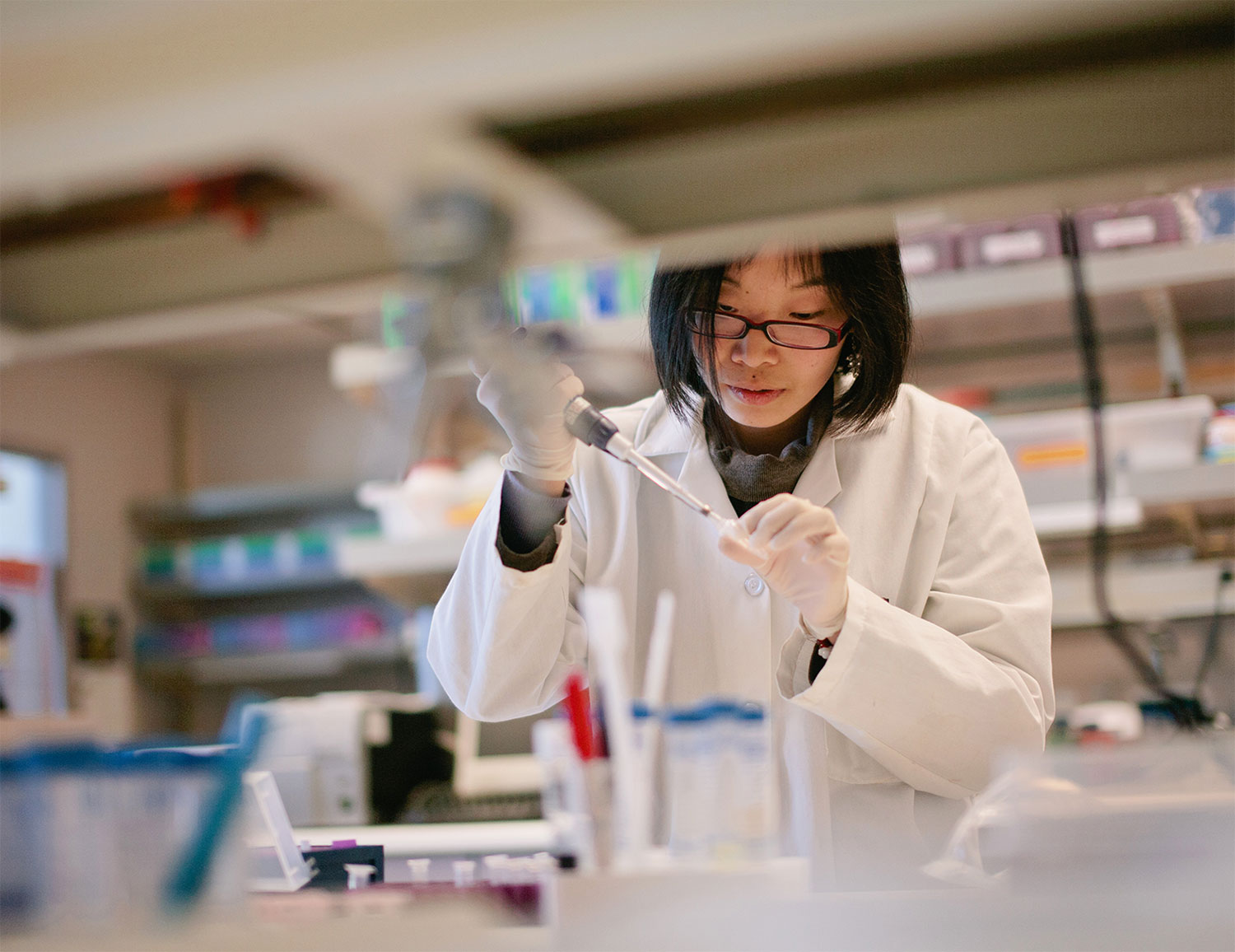Substandard Control Arms Lowering the Bar for Some FDA Approvals
For a new cancer drug to be approved by the U.S. Food and Drug Administration (FDA), its efficacy typically needs to be compared with an established treatment in a randomized clinical trial. An investigation into the selection of these established control treatments published online May 2 found that between January 1, 2013, and July 31, 2018, 17% of the 96 anticancer drugs that gained FDA approval were tested against suboptimal treatments. In an accompanying essay published on STAT, study author Talal Hilal characterizes the use of outdated or infrequently used treatments for a control arm as a “straw man” comparison. He argues that without measuring a new drug’s efficacy in relation to the current best standard of care, it’s difficult to get a clear picture of its potential benefit for patients.
HER2 Testing Accessibility Is Poor in Low and Middle-Income Countries
Testing whether a tumor is HER2-positive can potentially present breast cancer patients with new treatment options that could save their lives. However, results of a survey presented at the European Society for Medical Oncology Breast Cancer congress, held in Berlin, Germany, from May 2 to 4, suggest that people in many parts of the world don’t have access to the test. While only 5% of respondents from high-income countries reported that the test was only available in a private setting or abroad, this figure rose to 34% among respondents from low and middle-income countries and 42% among those from upper-middle-income countries. “Even when HER2 testing was available, it was too expensive and inaccessible for many,” said study author Sara Altuna of the Unidad Oncológica Venezuela CA and Oncomédica CA in Caracas, Venezuela.
Three-Year-Old Cancer Patient Taken From Parents After Missed Procedure
The Hillsborough County Sheriff’s Office in Tampa, Florida, launched a nationwide effort April 29 to find an endangered 3-year-old recently diagnosed with acute lymphoblastic leukemia, as reported May 2 in the Washington Post. After just two rounds of chemotherapy, his parents had seemingly decided to cease conventional treatment in favor of home remedies like reishi mushroom tea and bitter apricot seeds and had missed a scheduled doctor’s appointment. The child was found with his parents within hours and is receiving proper treatment after being taken from them, but the case shines a light on growing medical skepticism and online misinformation. In an opinion piece for the NBC News Think blog, hematologist-oncologist Jalal Baig discusses the way that dubious, unsourced information found on the internet can cause tension between doctors and their patients.
Novel U.S. Trial Pitting CRISPR Against Cancer Could Begin in 2020
Despite the hype surrounding the CRISPR gene-editing technique, the bulk of its applications in oncology have focused on modifying T cells outside of the body so that they can be infused into the patient’s bloodstream. Now, the Gene Editing Institute at Christiana Care Health System based in Delaware is preparing to seek FDA approval for a study that would opt for a more direct approach. CRISPR would be used to target a gene called NRF2 in non-small cell lung cancer patients, hopefully allowing standard chemotherapy to be more effective for a longer period of time. “I think we’ll be underway in 18 months,” said the institute’s director Eric Kmiec in an interview with STAT, “but it might be earlier.”
Cancer Today magazine is free to cancer patients, survivors and caregivers who live in the U.S. Subscribe here to receive four issues per year.





